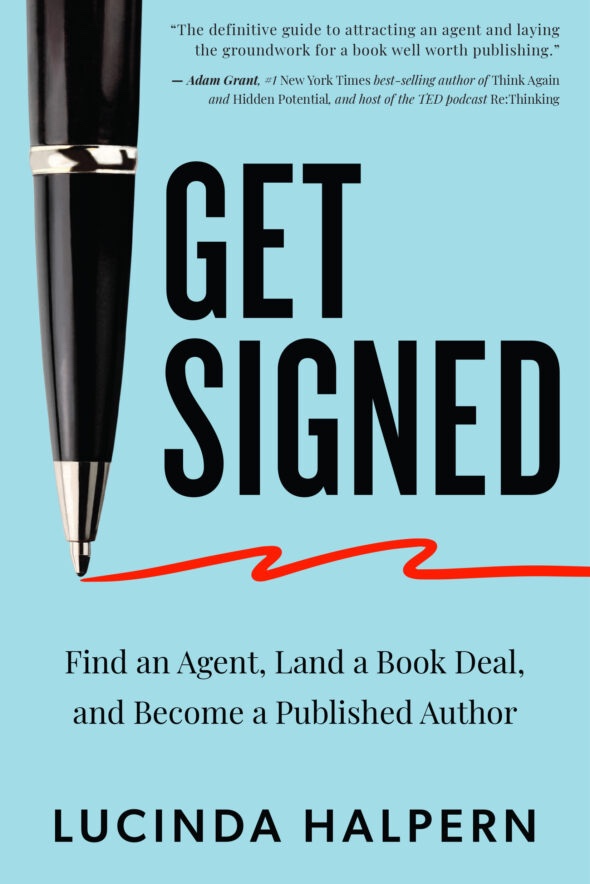Search
What You Didn’t Consider When Writing A Book
 At our recent speed pitch fiction event, three of our agents reviewed several writers’ pitches in real time. One recurring tip was to be more brief and action-packed: get to the inciting incident by sentence two, limit the number of characters you introduce, and then close with a cliffhanger.
At our recent speed pitch fiction event, three of our agents reviewed several writers’ pitches in real time. One recurring tip was to be more brief and action-packed: get to the inciting incident by sentence two, limit the number of characters you introduce, and then close with a cliffhanger.
It can be difficult to rework your pitch according to these tips when your book is already polished and seemingly set in stone. You think, “But so much happens before my inciting incident that I need to talk about!” or “There are too many critical characters that need to be in the pitch!”
I’m consistently surprised to find the majority of writers, especially of memoir and nonfiction, approach me with their books fully written, and still run into problems like these when trying to create their pitch, proposal, etc. It’s completely possible to construct a great pitch after writing your entire book, but there might be an easier way. Instead of viewing your writing as a separate, solitary thing that transitions to publishing when it’s done, think of the two as intertwined elements, constantly functioning together.
If, as you write, you keep in mind the importance of a clear protagonist and identifying a quickly-evolving plot in your pitch, it will make your story’s writing more structured and interesting. You can even pitch your in-progress book to trusted friends as you write! Ask where they get less interested, or what they’d like to see happen in the plot.
The other consequence of writing without evolving your pitch alongside your manuscript is that by the time the book is done, it isn’t remotely current with what’s proven as successful today. This is why, in addition to thinking about the broad strokes of the pitch as you write, you should read and research comps throughout the process. Pay attention to what people are reading, watching, and enthusiastic about on social media channels like TikTok and Goodreads. Pay attention to what’s getting old, and how you can introduce something new. This blog post will tell you more about why comps are so crucial, and how to choose them.
Now I have an assignment for you. Imagine that your fully completed book is going to be published tomorrow—but you need to pitch it to a reader right now. It doesn’t matter that you haven’t practiced, that you’re improvising. Record the video or, if you’re old-school, just find a mirror and pitch your book to your reflection—to your potential reader. Now, turn back to your writing. Was your pitch convincing? Do you need to reconsider the structure of your book and the narrative arc based on the pitch? Is it fast-paced? Is it interesting? Is the broader theme you’re looking to tackle clear?
The best writers are ones who are adaptable with their writing, constantly reworking their story while keeping the end goal of publishing and selling their work in mind.
To learn more and practice this skill of making a case for your book (even if you haven’t written it yet), our Letter Better course can help you sharpen your query letter and successfully capture an agent or publisher’s attention.








